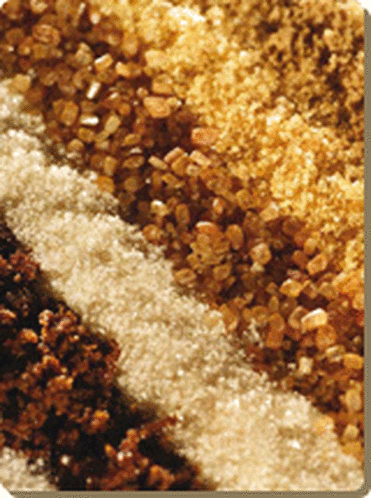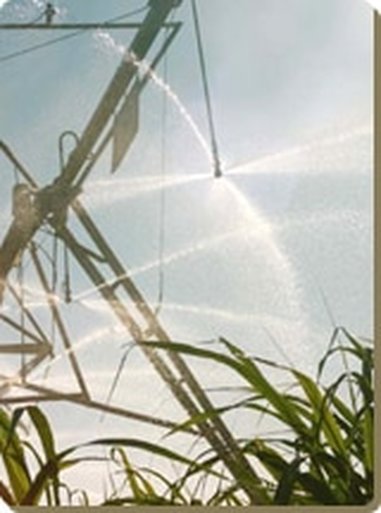THE STORY OF ISTCOn November 22, 2006, a group of representatives from private sector sugar industries in developing countries that export sugar to the United States under the U.S. tariff rate quota (TRQ) on sugar met in London, England, on the fringes of the International Sugar Organization’s annual meeting. At that meeting, they agreed to join together to protect their mutual interest in continued access to the U.S. sugar market at fair and remunerative prices.
Hence was born the International Sugar Trade Coalition (ISTC), established December 8, 2006, as a non-profit corporation. ISTC's primary goal is to maintain the value of access by its members to the U.S. sugar market under the U.S. TRQ and the sugar program. In particular, ISTC supports renewal of the current U.S. sugar program in the context of the Farm Bill. ISTC opposes changes to the U.S. sugar program that would reduce opportunities for developing country quota holders to earn revenue for economic development, rural employment, and farm income. Thirty-eight developing countries have access to the U.S. sugar market under the U.S. TRQ on raw sugar. The sugar industries in these countries anchor rural development, provide employment, social services to rural communities and dynamic linkages with a host of ancillary small and medium sized industries and service providers. Without the continuity of sugar exports to traditional markets such as the United States at fair and remunerative prices, these developing countries would experience impoverishment of their sugar-dependent economies. ISTC is funded exclusively by dues and contributions from its members, the private sector sugar industries in the developing countries that export sugar to the United States. |


